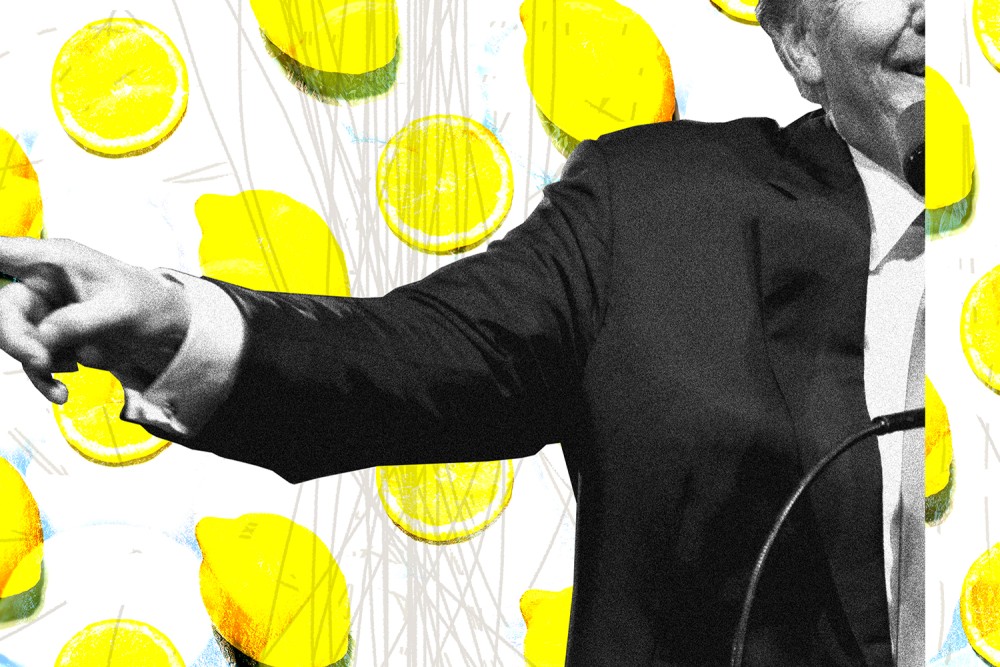How shall we render?
Thankfully, the Christian tradition is filled with models of resistance to unjust leaders.

Century illustration
As we consider the inauguration of a new president and the prospect of an unchecked authoritarian regime, many Christians are warily seeking the rationale for a life of faith in a changed political and social environment. We are testing our religious convictions for their durability in heavy weather. We are sorting through and sharpening our models for Christian witness in the world. It is the perennial spiritual exercise.
My own Christian American model is crafted from the prophetic power of the Hebrew prophets, the ministry of Jesus, and the lodestar I have forever known as “the gospel.” Gospel means the good news of God’s grace and love toward the world and all its people. Gospel is more than a model or even a criterion for political judgments. It is a reality that exists in the heart of God. For those with eyes to see, it shapes and saves people on earth. Gospel guides the way things are meant to be.
My model also includes the prayers of my mother when I was a boy, along with my father’s conviction that Franklin Roosevelt saved this country because he cared about people like us. At our supper table, stories of the Great Depression came with dessert.





